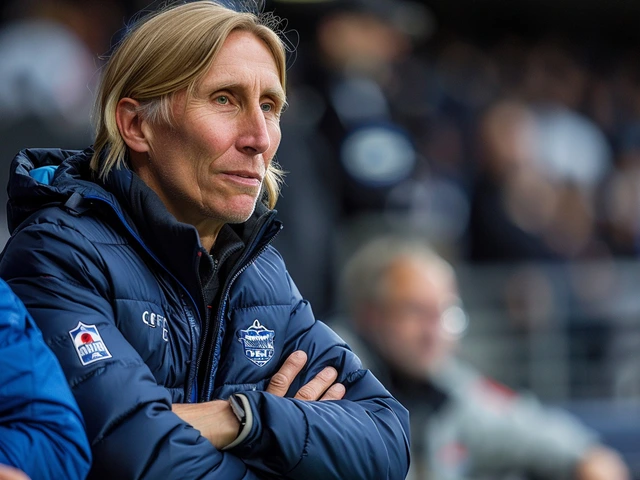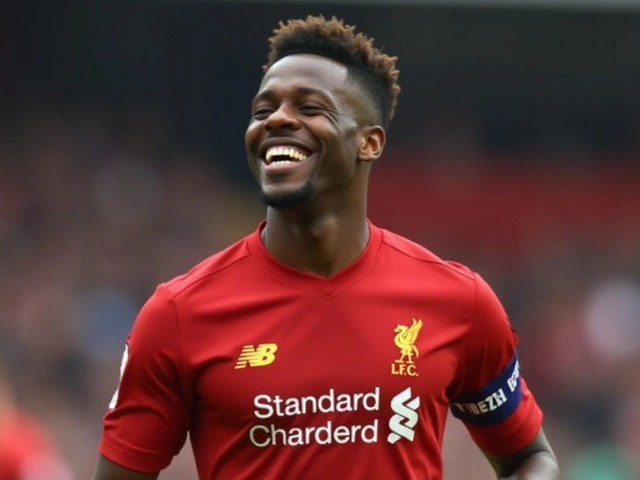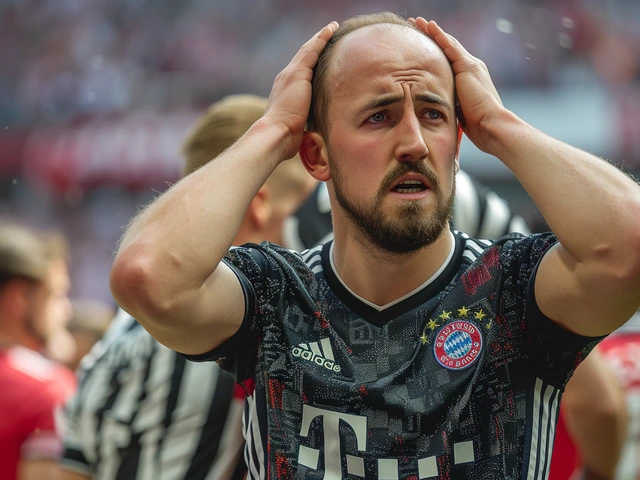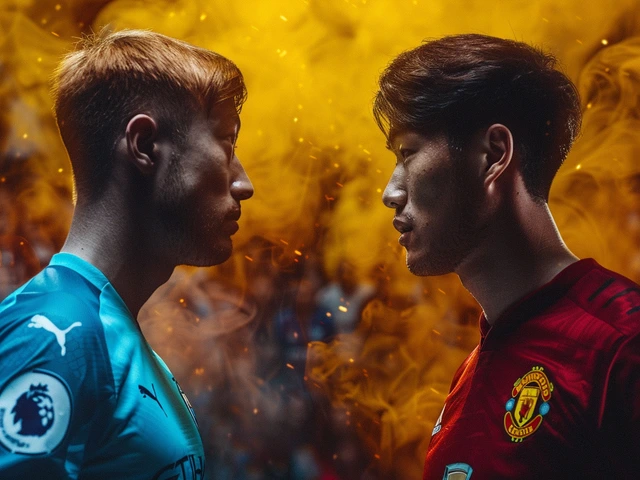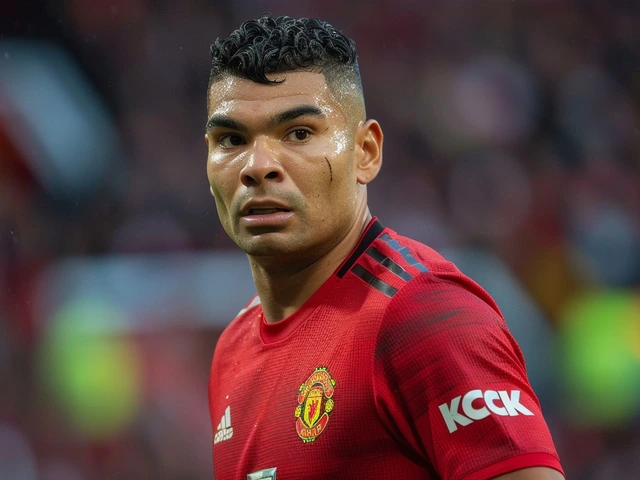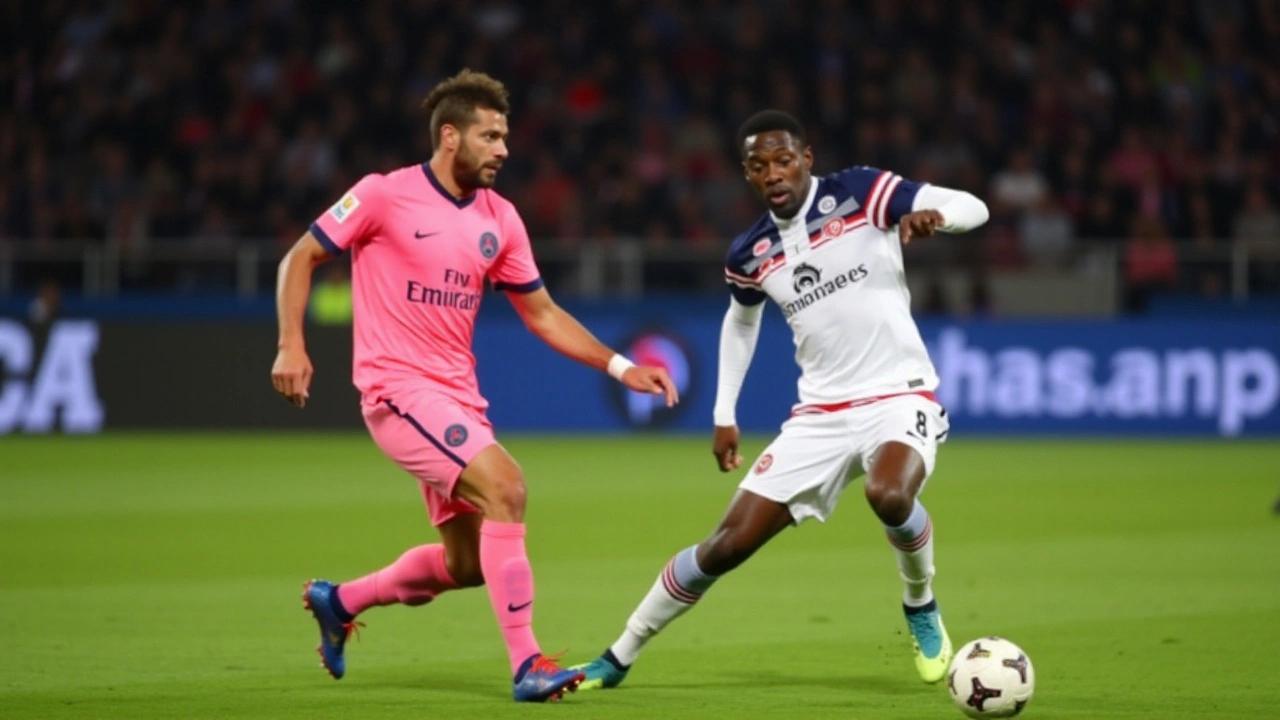
Stalemate in Burgundy: PSG's Continuing Struggles
The Paris Saint-Germain saga in Ligue 1 took another unexpected twist as the squad walked away from their encounter with Auxerre, having settled for a goalless draw. This marks PSG’s second successive domestic draw, challenging the high expectations for a team backed by Qatari capital and boasting a roster of polished talents. Recent matches have reflected a troubling pattern: the team, usually known for their offensive prowess, has managed just one goal in their last three league outings.
Luis Enrique, PSG's astute manager, echoed a sentiment perhaps many fans share - frustration mixed with an odd sense of confidence. Despite the lukewarm result, the former Barcelona coach stated, "I have nothing to reproach my players for. They gave everything." His conviction in the players’ efforts remains unshaken, offering a defense against critics who might target the team's diminished goal-scoring buffer. PSG’s draw against Nantes and the preceding narrow defeat to Bayern Munich in the Champions League underscores a broader challenge facing avowed title challengers.
The Scoring Drought Continues
After more than three months sidelined by injury, the anticipation surrounding the return of Portugal's Goncalo Ramos couldn’t have been higher. However, his reintroduction to the comebacks assembly line has, so far, failed to deliver dazzling results. In the confrontation against Auxerre, the signs of rust and missed chemistry upfront were as palpable as the fans’ disappointments in the stands.
Vitinha’s close encounter with the goal frame in the game's second period was a highlight that underscored PSG’s familiar yet unwelcome theme for the evening: overpowering control, yet an inability to find the back of the net. While Auxerre’s goalkeeper, Donovan Leon, certainly earned his praise with saves from Ramos, Hakimi, and a potential match-winner from substitute Randal Kolo Muani, the impenetrable barrier felt partially of PSG’s own creation.
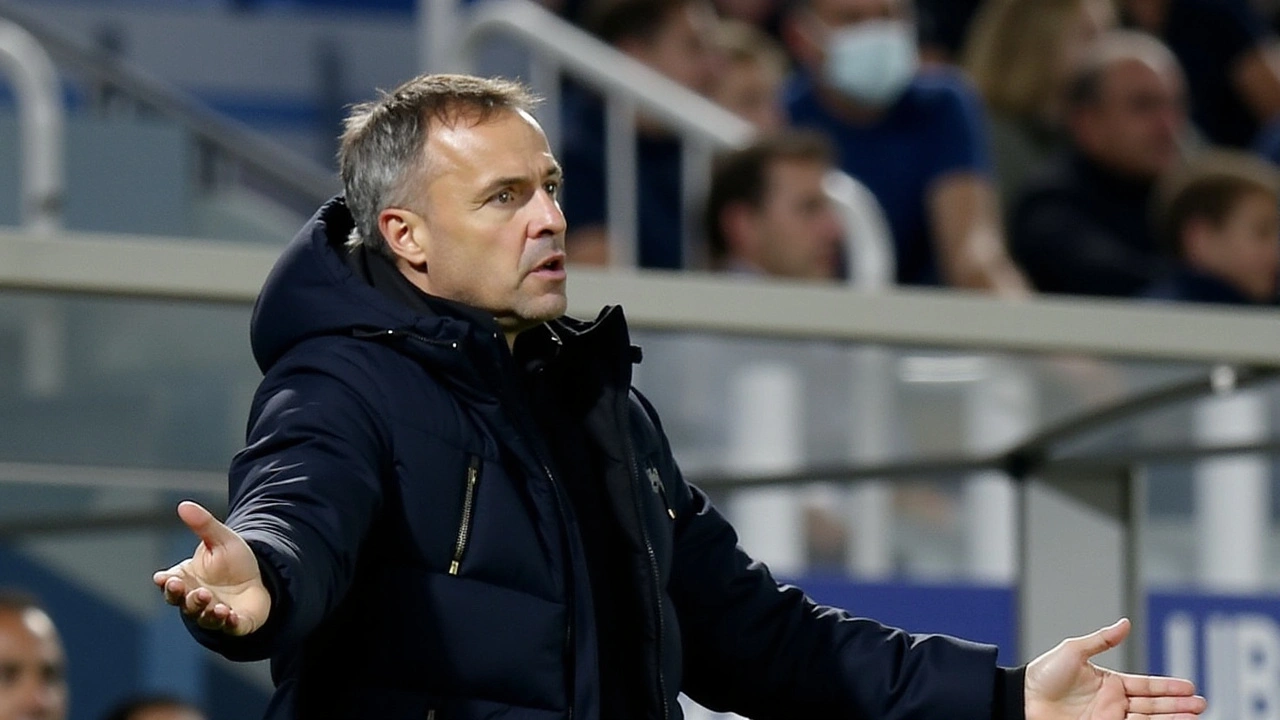
Defensive Solidity vs. Offensive Failing
The paradox of PSG’s recent performance lies in their unrivaled defensive strength juxtaposed with their faltering strike force. Amid the critiques, Enrique’s positivity seems to float on more pragmatic grounds. PSG navigates the present hurdle while maintaining an eight-point cushion ahead of Monaco and Marseille, their closest contenders, who eagerly eye the opportunity to cut into that margin.
In the meantime, the buoyant mood among Auxerre ranks lays testimony to their valiant exploits. As coach Christophe Pelissier astutely quipped, “It is just one point but it feels more like three,” Auxerre’s ascent post-promotion finds itself not only pegged in the hierarchy of the domestic league but also skirting the tantalizing allure of European football next season.
Champions League Hurdle
With upcoming fixtures in mind, PSG must reforge their offensive weaponry. Their next test looms early next week when they travel to Austria to face Salzburg in the Champions League—a daunting task for a French team grappling with the biting reality of just four points from five games. A group-stage exit from the Champions League would be an uncharacteristically early departure for the sport’s European elite.
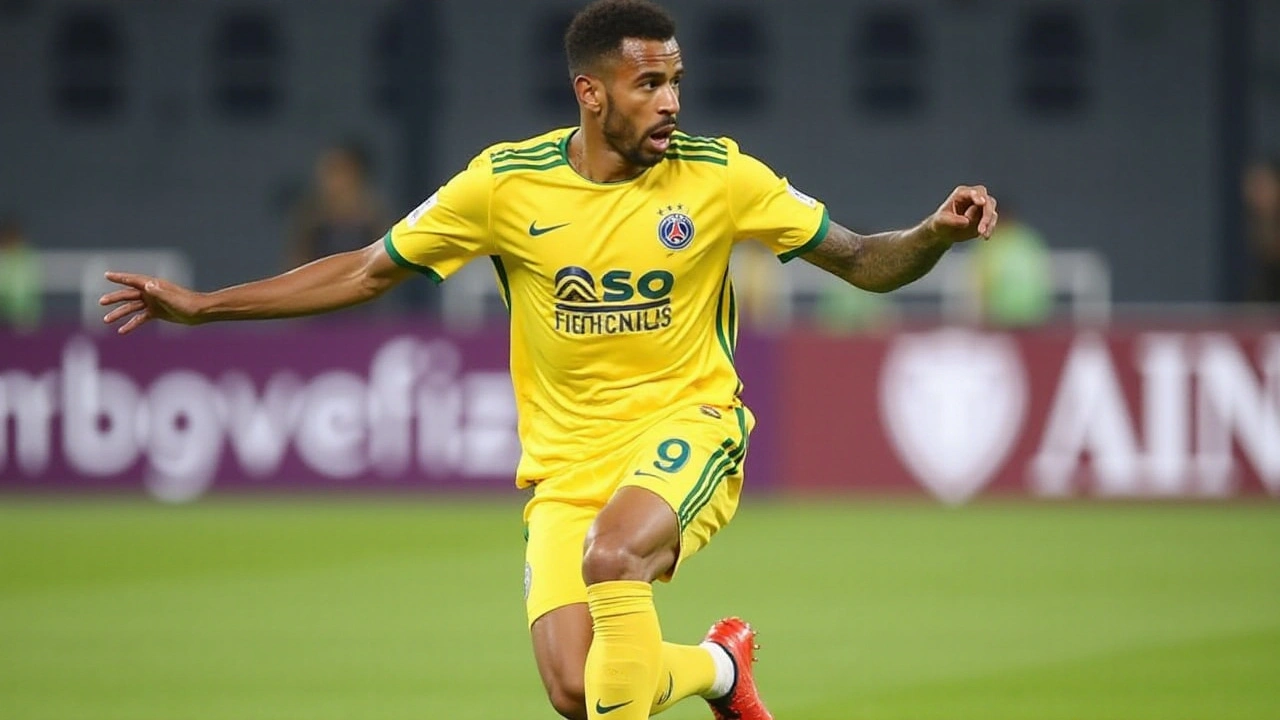
Domestic Competition Heats Up
Meanwhile, the drama in Ligue 1 doesn’t solely revolve around PSG. Lille climbed the ladder after adding to Brest’s woes, as Canada’s Jonathan David illuminated the stage with two goals in their 3-1 victory. Given their trajectory, Lille’s upcoming Champions League duel with Sturm Graz seems promising, as opposed to Brest's thorough preparation ahead of facing PSV Eindhoven.
Amidst all, PSG finds itself at a crossroads. A mix of seasoned strategy, tactical recalibration, and rediscovered striking resolve stands as their remedy to retaining both domestic dominance and continental relevance. The script for this season is far from its denouement, holding out hope—for both critics and loyalists alike—that reversals of fortune are often just a heartbeat away in football’s ever-evolving narrative.

